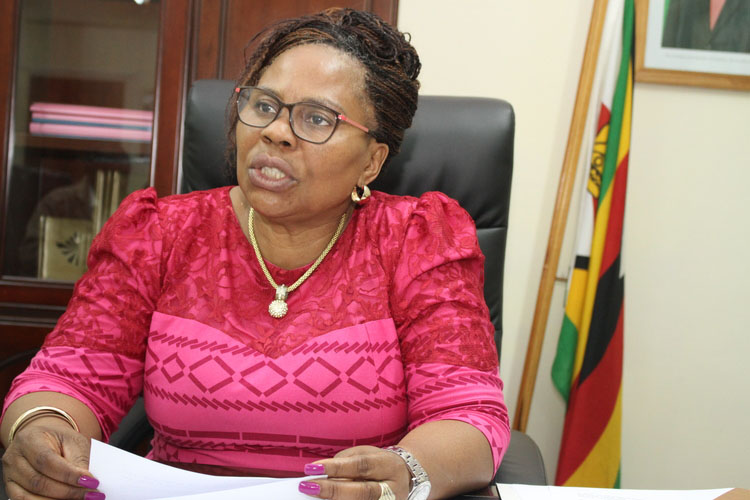By Thabani Zwelibanzi
Information minister Monica Mutsvangwa has found herself in a spot of bother after a parliamentary portfolio committee took her to task over the issuance of broadcasting licences, which the legislators said was done illegally.
The parliamentary portfolio committee on media, information and broadcasting services’ bone of contention was that since the Broadcasting Authority of Zimbabwe or BAZ has not had a board since 2015, all licences that have been issued in recent times have been illegal.
The licences in question are for Econet, TelOne and Alpha Media Holdings’ Heart and Soul Broadcasting Services among others.
So far, BAZ has issued nine licences, with only PowerTel being denied one.
In her response, Mutsvangwa claimed that according to the Broadcasting Services Act, there were licences that could be issued after public interviews and there were others that did not need public consultations.
“Only licences that do not require public enquiry have been issued,” she said in response to MDC legislator, Settlement Chikwinya.
Mustvangwa claimed there was too much pressure on BAZ to issue licences, but the lawmakers insisted that this was irrelevant, as, without a board, the regulatory authority could not issue permits to anyone to broadcast.
Chikwinya pointed out that parliament had since sought legal opinion on whether BAZ had acted legally when it issued licences without a board.
Mutsvangwa said they had also sought the advice of the Attorney General after a similar issue was raised in a parliamentary question and answer session and they had been advised that BAZ had acted within the confines of the law.
Her ministry’s permanent secretary, Nick Mangwana said the licences that were issued did not use any spectrum, meaning there was no need for any public enquiry.
The legislators then haggled with BAZ boss, Gerald Maguranyanga on some of the definitions in the Broadcasting Services Act and on whether the regulatory authority could issue licences in the absence of a board.
Mutsvangwa said she was working on ensuring that BAZ and other bodies under her ministry will have boards by June 20.
In a statement after the committee hearing, the Media Institute of Southern Africa (Misa Zimbabwe) chapter, raised concern on gaps within the Broadcasting Services Act, saying the “law does not specify which types of licences may or may not be issued when a properly constituted BAZ board is in place. This position must be clarified in future versions of this important piece of law”.
Misa also recommended that the Broadcasting Services Act be amended to enable a genuinely diverse and plural broadcasting environment.
Mutsvangwa then moved to the Mass Media Trust, a body that was supposed to act as a buffer between the government and public media, saying it was still in existence, although she revealed that there was only one trustee.
When asked if it was still functional, Mutsvangwa responded: “According to us, yes.”
She said they were working on regularising the Mass Media Trust, but declined to give timelines on when this will be completed.
But Misa raised concern that there was “completely no transparency” on the status of the Mass Media Trust and its assets, raising questions on how dividends to the government were paid from Zimpapers yet they trust was dysfunctional.

